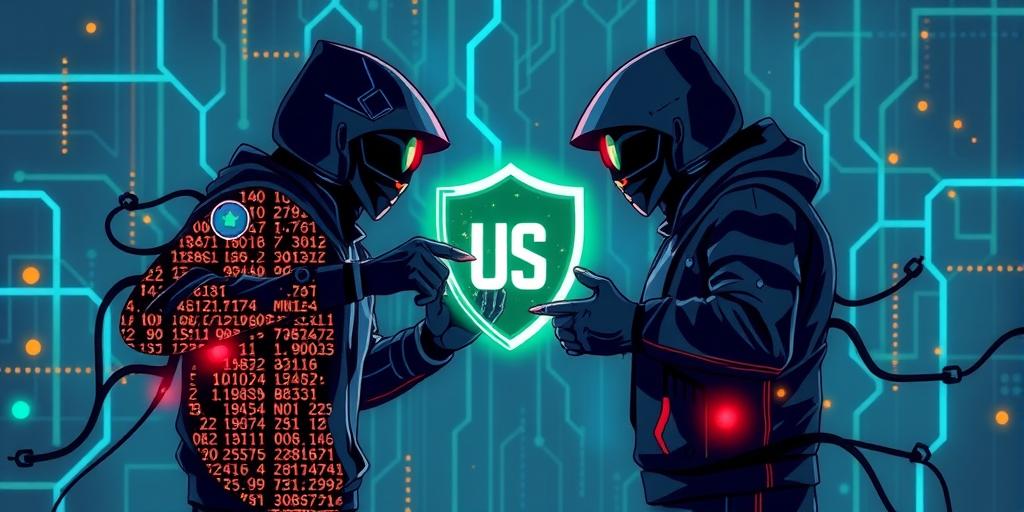So, buckle up, buttercup, because we're diving headfirst into the wild world of cybersecurity. I'm talking about the time the U.S. government faced down a full-blown cyberwar attempt. Seriously, it was intense. Think 'WarGames,' but, you know, real life. And way more complicated.
First things first: Let's talk about the hackers. These weren't your average script kiddies messing around with some poor college kid's website. Nope, these cats were professionals. Highly skilled, well-funded, and operating with a level of sophistication that's downright scary. We're talking state-sponsored hacking on a massive scale. I mean, the kind of stuff that makes you question everything you thought you knew about online security.
The attack itself? Let's just say it was multi-pronged. They hit everything from government agencies to critical infrastructure. It was like a digital blitzkrieg. The sheer audacity of it all was mind-boggling. I was honestly floored when I first heard about it.
But here's the thing: the U.S. fought back. And they fought back hard. It wasn't pretty, and it wasn't easy, but they managed to contain the damage and push back against the attackers. This wasn't just some lone wolf operation; this was a coordinated effort across multiple government agencies. Think of it as the digital equivalent of D-Day.
Now, I can't go into all the juicy details – some things are still classified for national security reasons – but let me tell you, the level of expertise and cooperation involved was astonishing. They used cutting-edge technology, innovative strategies, and a whole lot of grit to defend our digital homeland. It was a nail-biter, let me tell you.
The aftermath? Well, there were arrests, investigations, and a whole lot of soul-searching about our national cybersecurity posture. The whole thing highlighted just how vulnerable we are in cyberspace and how much work we still need to do to improve our defenses.
So, what's the takeaway here? Well, for starters, the internet is a battlefield. And it's a battlefield where the stakes are incredibly high. This whole thing should serve as a wake-up call for everyone. We need to be more aware of the risks, more proactive in our security measures, and more vigilant in protecting our digital assets.
Have you ever thought about the implications of a large-scale cyberattack? Would love to hear your take!









